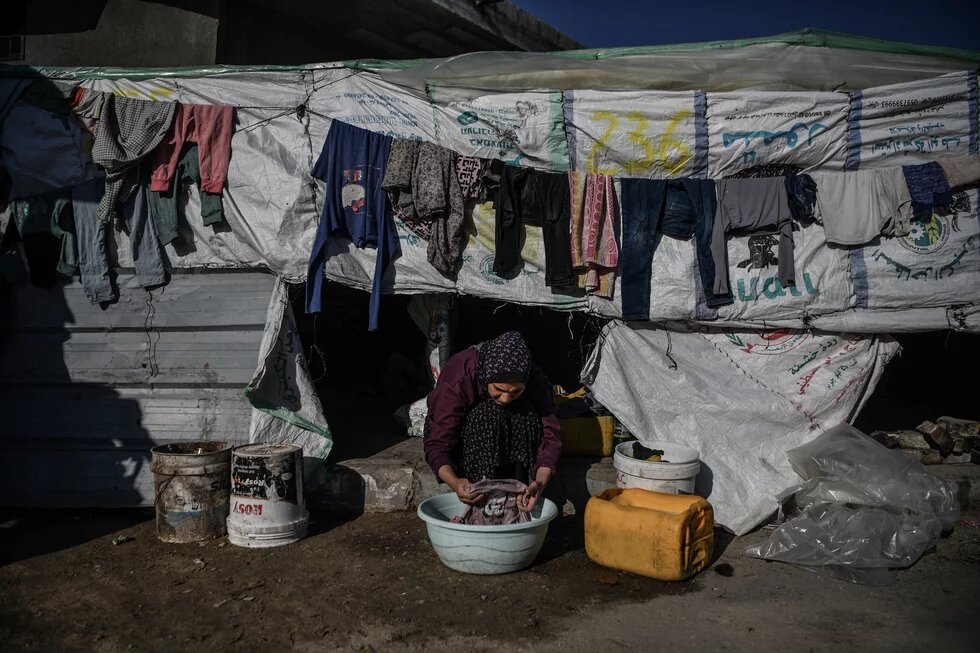
As we mark one year of the devastating war on the Gaza Strip, recent escalations have pushed the region to the brink of a full-scale conflict, leaving many in fear of what lies ahead. The humanitarian crisis in the Gaza Strip, described as “catastrophic” by the World Food Programme (WFP) and the World Health Organization (WHO), continues to unfold. The United Nations Office for the Coordination of Humanitarian Affairs reports that over 41,600 Gazans have lost their lives since the war started, with thousands, more reported missing or buried under the rubble, including women and children. UN agencies estimate that 1.9 million Palestinians have been internally displaced from their homes (90% of Gazans) and that 495,000 Gazans face catastrophic levels of food insecurity.
In the West Bank, including East Jerusalem, the situation is disastrous, with over 690 Palestinians killed within a year, including at least 12 by Israeli settlers, and 1,628 Palestinians, including 794 children, displaced across the West Bank, according to OCHA. The UN Security Council has highlighted the worsening conditions, with increased violence and restrictions severely impacting daily life.
As the situation evolves, the fear of further escalation and its impact on civilians looms large. The need for diplomatic efforts is more critical than ever to implement a ceasefire and protect civilians. The international community must uphold and safeguard the principles of international law and must act now to prevent further suffering and instability in the region.
Despite these immense challenges, we remain steadfast in our commitment to support our communities. Our partner organizations are working tirelessly to provide essential services and advocate for human rights, equality, justice, and peace. Together, we hold onto hope and continue to strive for a better and more just future for everyone.